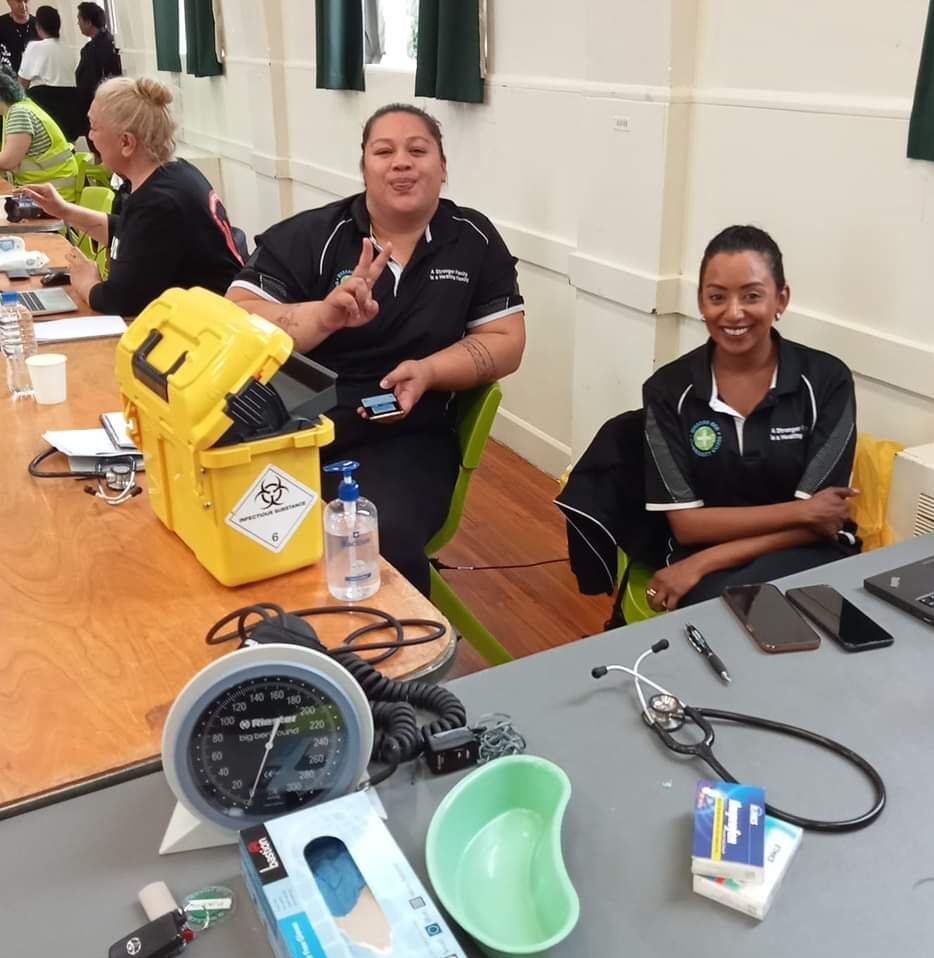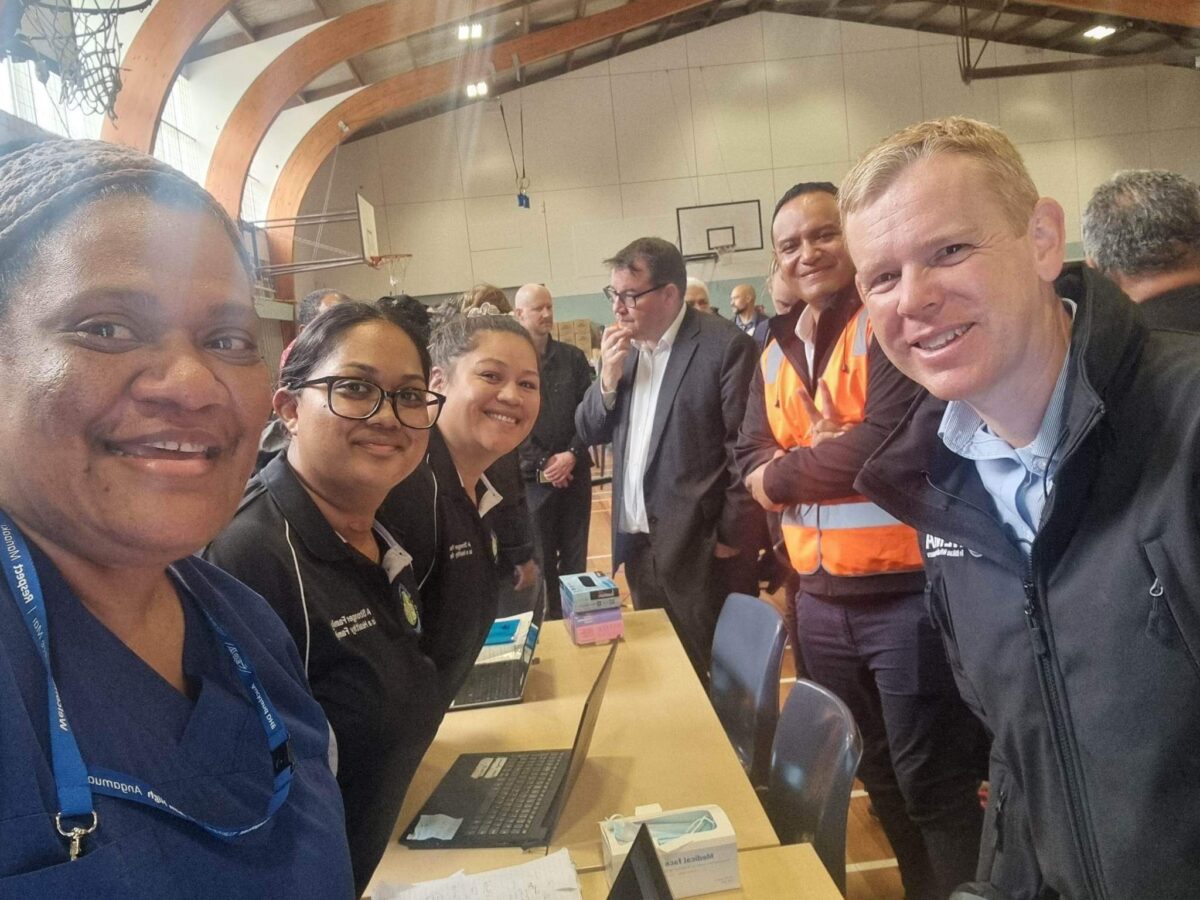Nurses have leapt into action to help flood-stricken Aucklanders left homeless, injured and distraught in the wake of torrential rains.
Manurewa Marae clinical lead nurse Nicole Andrews said their small team reached out to hundreds of residents in south Auckland last weekend, organising everything from nappies and kai to medicine for struggling whānau.
“One whānau, there were four of them, and there ended up being 16 in the same whare,” Andrews said. “And that family had lost nearly everything — there was a newborn baby, they were worried about being able to feed themselves, having enough nappies, and pay day wasn’t till Thursday. They were stressing.”
So the marae “kicked into action”, putting them in touch with social services, triaging their needs over the phone to ensure kuia, kaumātua and vulnerable people were supported. “We delivered to them on that day — provided nappies, kai — everything that they needed to help them get by.”
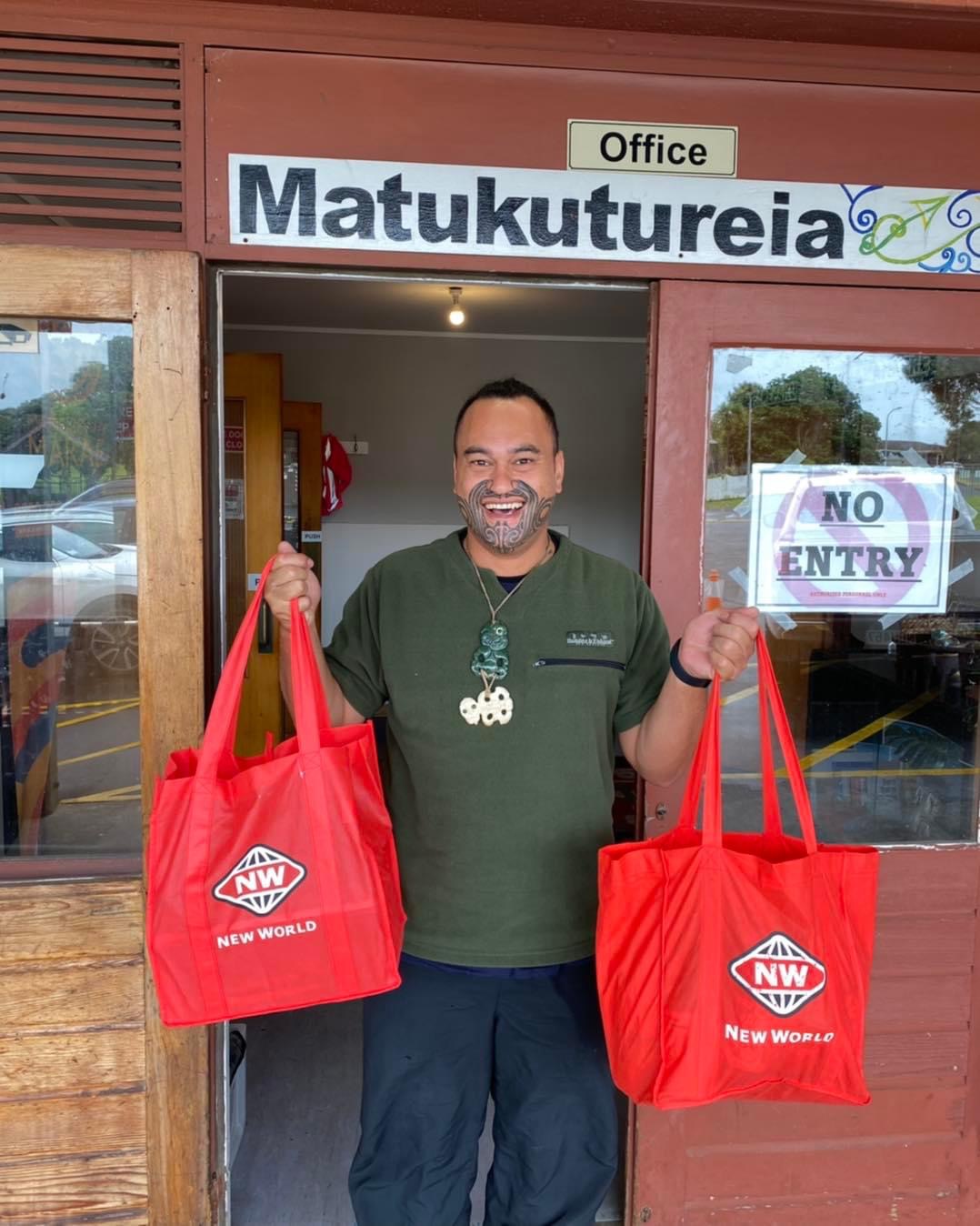
Six marae workers made 900 calls in one day, leading to 30 referrals for further assistance and delivered up to 200 food parcels a day as far south as Waiuku.
“Staff came in on their days off. I did 12-13 days straight,” Andrews said. “We did it for awhi.”
Auckland Hospital kaiārahi nāhi / clinical nurse specialist Rangi Blackmoore-Tufi, who worked at the Māngere flood evacuation centre, said the scenes were “heart-breaking”.
Along with homes and possessions, life-saving equipment such as CPAP (continuous positive airway pressure) machines were damaged or destroyed in the floods, and people needed medication, treatment and new dressings, said Blackmoore-Tufi, who is also a Whānau Ora vaccinator.
“People were coming in with swollen ankles, swollen fingers and sprains – but we were literally running out of [Māngere memorial] hall. We had no x-rays or anything, so we were just splinting and referring onto the A&E clinics,” she said.
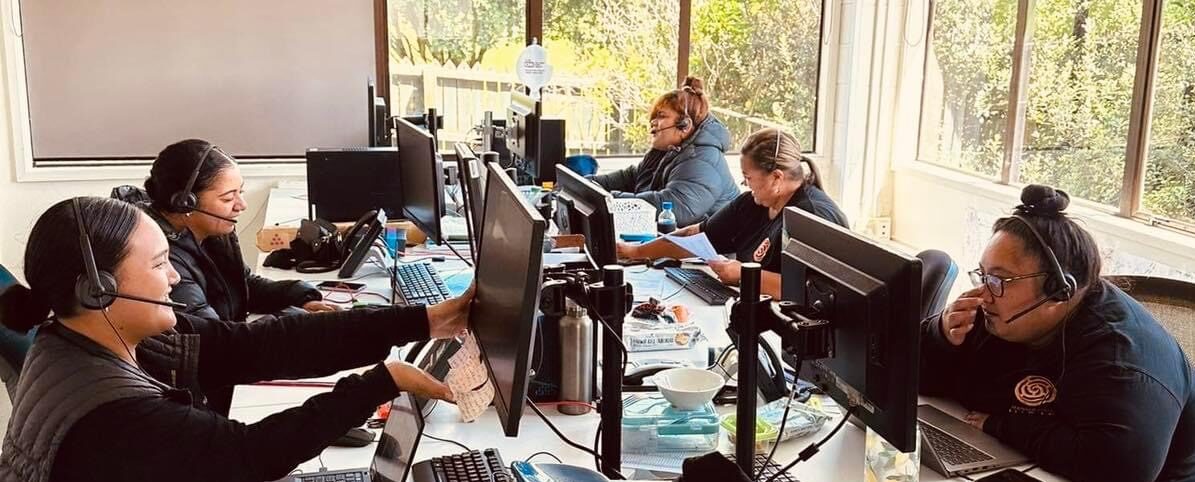
“So I stayed there and based myself there just so I could make sure we were doing all we could for the community. Because I’ve seen it and it was heart-breaking.”
There was also an outreach service for those who couldn’t make it to the evacuation centre.
“We went to one house where a lady was about 70 years old and she wouldn’t leave. She was sleeping on a wet mattress, she was having breathing issues and we virtually had to call the doctor and do the assessment over the phone.”
Eventually, nurses had to call Civil Defence to evacuate her. “It was horrible, she just didn’t want to leave her home.”
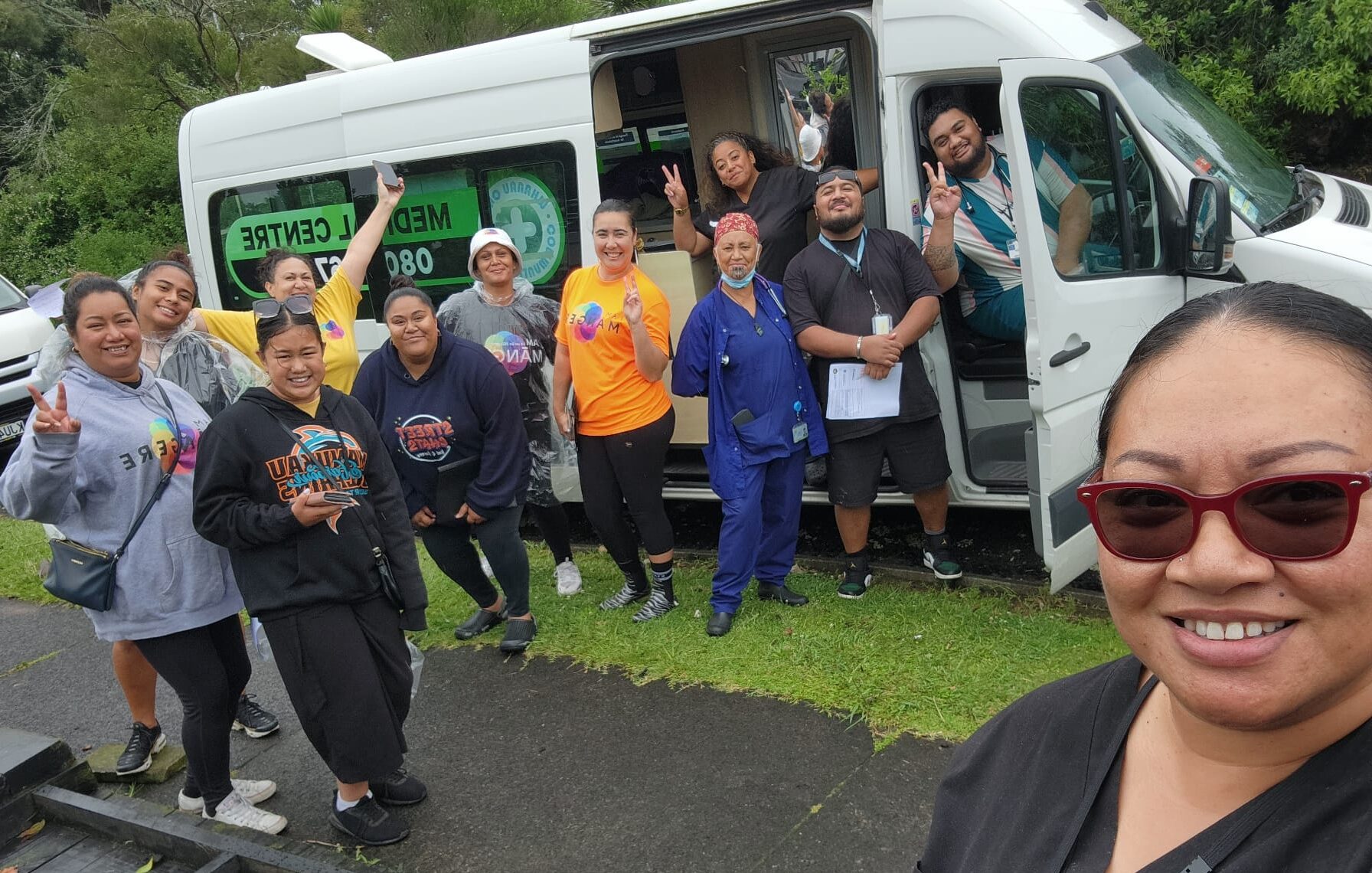
Blackmoore-Tufi said lack of support from Te Whatu Ora had been “frustrating” as the community response was largely left to small organisations such as Whānau Ora.
The main challenge now was skin infections from flood water, she said.
“People are bringing their children in covered in waterborne infections. We’re dressing seeping wounds, giving them antibiotics, paracetamol — we’re trying to stop them blocking up the hospital and evac centre. So it’s quite challenging being stuck in the middle and not really having any resources or anyone else to rely on.”
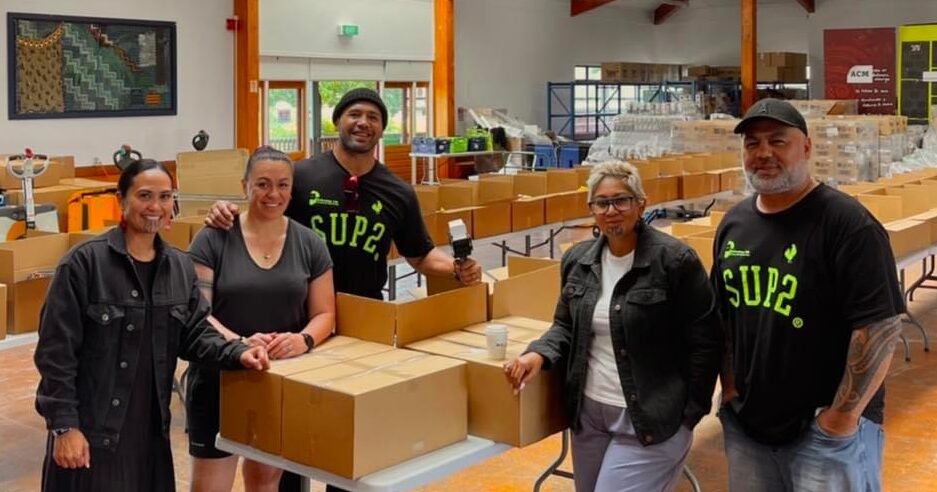
Marcy Hei Hei, also a kaiārahi nāhi and vaccinator, said people walked long distances to get help and food. “One matua came with a trolley – I think he walked two to three kilometres and was going to push that trolley all the way back to his family just so they had something to eat.”
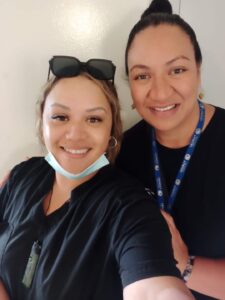
Hei Hei said she and colleagues began each day with karakia, wāiata and whakataukī, as well as being guided by maramataka — the Māori lunar calendar. “That really helped us, that helped to support us internally.”
“That’s something we practise at the hospital as well, it helps us with our mindset and that’s how we usually face our day.”
Auckland Whānau Āwhina Plunket nurse Jessica Sekula said despite dealing with their own homes being flooded, the team continued to support affected families. Some families had been unable to return home or had lost their infant carseats due to flooding.
They spoke as Auckland’s state of emergency was extended for another week, as another storm, Cyclone Gabrielle, was set to descend.
Manurewa Marae’s Nicole Andrews said experiencing COVID had given her team resilience.
“I never thought in my whole life I would nurse in a pandemic, nor a natural disaster, so you just don’t think of stuff like that — but it really opens your eyes.”
